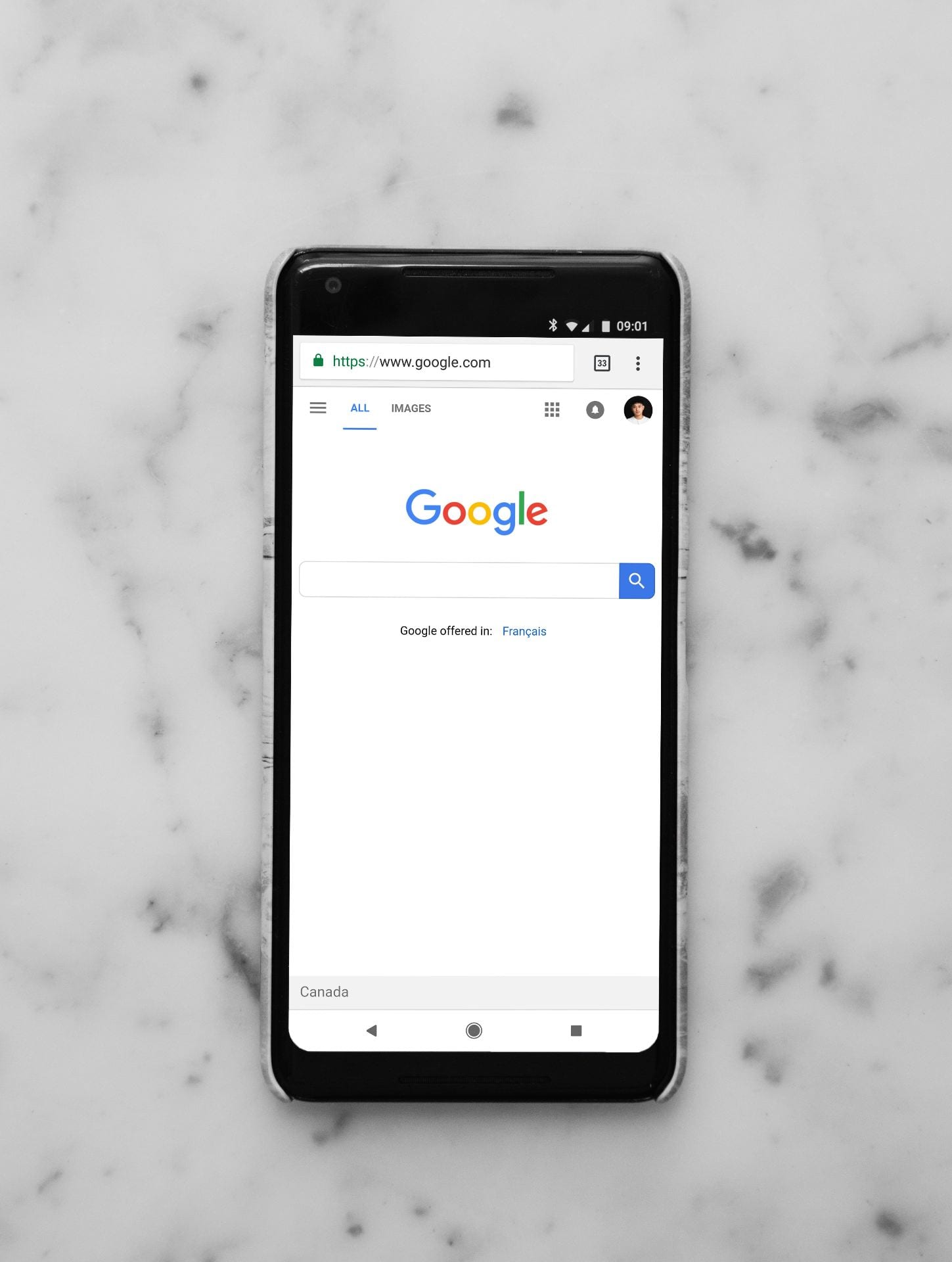I am a Google-aided genius. With Google, I know millions of things. This past week Google and I made pancakes and omelets. Google provided the knowledge, and I did the cooking (and eating). In the same week, Google and I rejected as false a statement by a co-worker that gold is heavier than platinum.
Yesterday, when I wanted to find a web site I created to explain problem solving methods, I searched for Malouff problem solving methods. Google found the site in the blink of the eye.
Then I wanted to learn how to put new line in my line trimmer. A Google search produced over 200,000 results. I chose a video that was one of the top results. Mr Handy, I am not, but with help from the video, I returned my trimmer to action.
There are other Internet search engines, but Google is the most popular. It handles over three billion searches a day. The Alphabet company that owns Google is worth close to $1 trillion in Australian money.
I read recently that many people ask Google sex-related questions. Some are how-to questions. Others are like this: Is my husband gay? Is my spouse cheating on me?
The range of information requests is endless. Individuals want to know how to accept themselves, how to be funny, how to play Happy Birthday on the harmonica (well, at least I asked that question).
Google uses a secret algorithm to select which results to present first. The algorithm probably includes what words are included in a site, how many individuals visit the site, how long they spend on the site, and whether they return to the site.
I am pleased to say that Google has anointed one of my public-service web sites with top unpaid billing when someone searches for: how to overcome essay-writing phobia. It might have helped that one of my ten suggested methods involves writing naked. That idea could answer some of the many sex questions Google receives.
Google cannot provide perfect answers for every question, but it tries. Go ahead and ask it about the meaning of life and about how long you will live.
But let’s not give Google too much credit. Google helps us find information. For the most part, people like you and me put that information on the Internet — in websites, blogs, videos, podcasts, Wikipedia, and so on. We are the content providers.




0 Comments